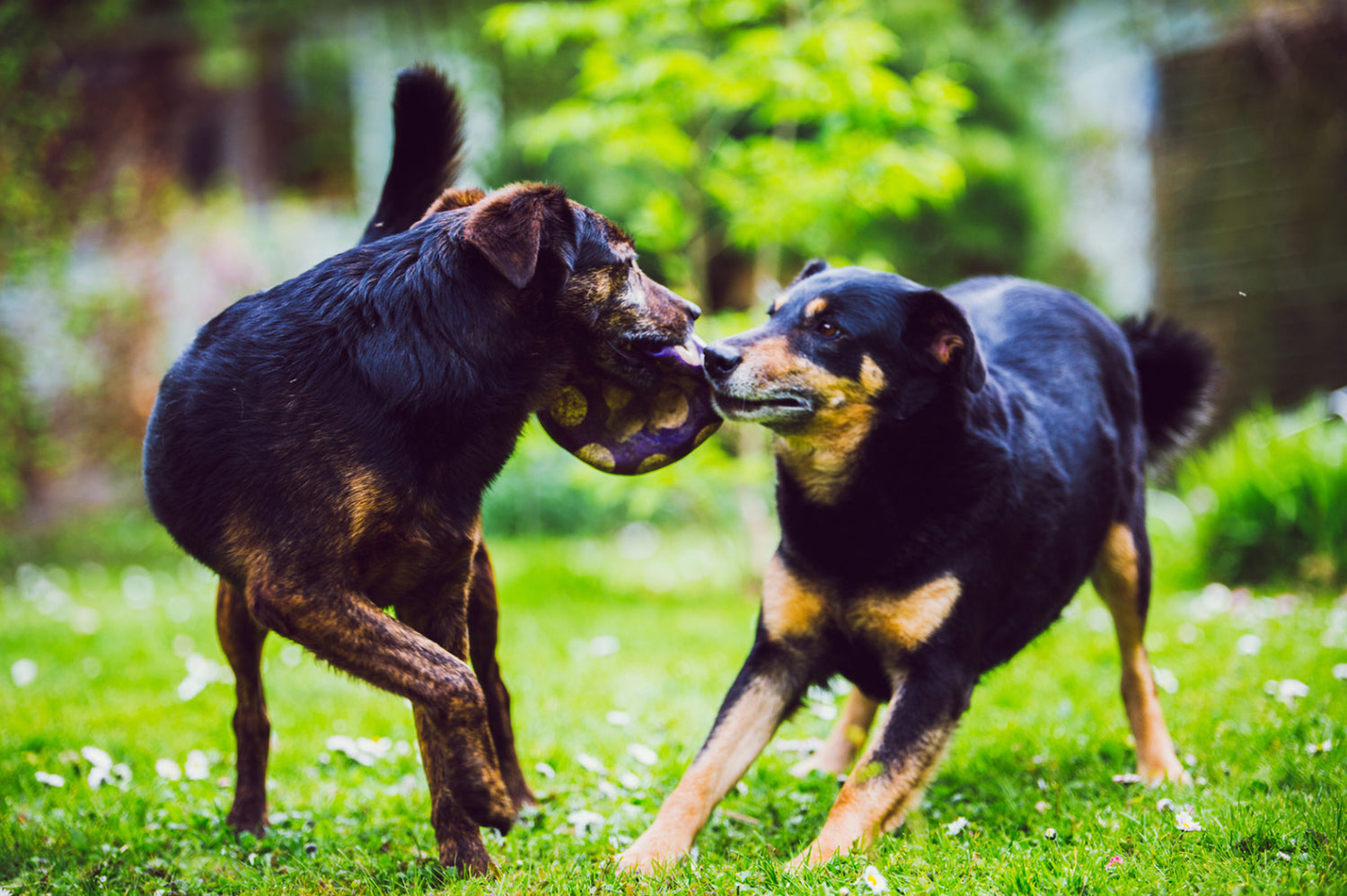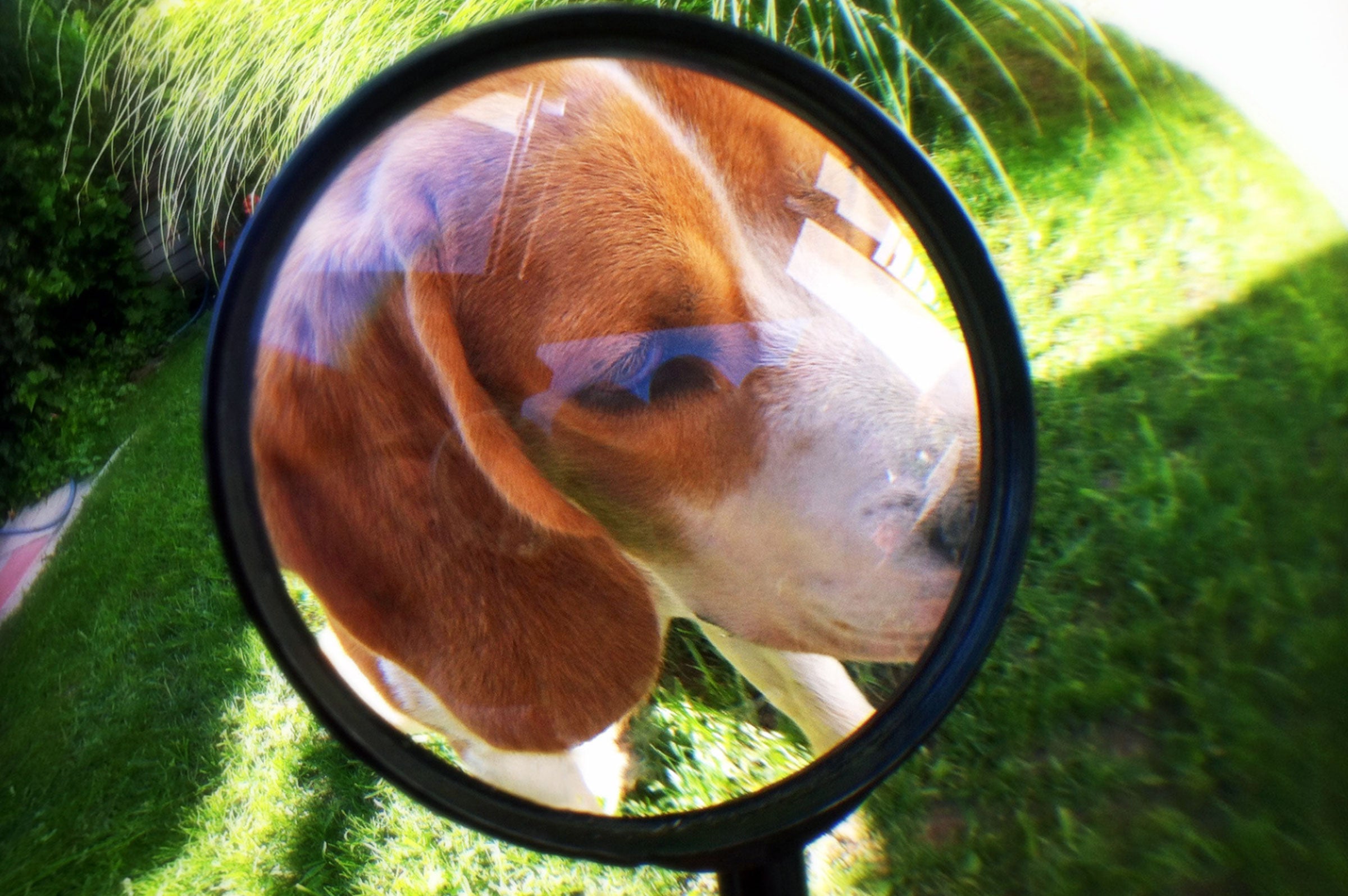Dogs are often cherished members of our families, bringing joy, companionship, and loyalty into our lives. However, like any social creatures, conflicts between dogs can arise, sometimes leading to fights. Witnessing your beloved pet engage in a scuffle can be distressing, but knowing how to handle the situation calmly and effectively is crucial for everyone's safety. In this blog post, we'll discuss what to do if your dog gets into a fight and offer practical advice for managing such incidents.
Stay Calm and Assess the Situation
In the heat of the moment, it's natural to feel panicked or upset when your dog is involved in a fight. However, it's essential to remain as calm as possible. Assess the situation quickly but carefully to determine the severity of the altercation and the potential risks involved.
Do Not Get in the Middle
When dogs are fighting, they may be in a heightened state of arousal and can inadvertently redirect their aggression toward anyone who intervenes, including their owners. Avoid trying to physically separate the dogs by reaching in between them, as this can result in serious injury to yourself. Instead, focus on methods to safely break up the fight from a distance.
Use Distraction Techniques
According to the AKC, distraction can be an effective way to interrupt a dog fight and redirect their attention away from each other. Loud noises, such as clapping your hands or using a whistle, can startle the dogs and momentarily break their focus. Alternatively, throwing a blanket or large object between the dogs can create a barrier between them, allowing you to safely separate them.
Try to Remain Neutral
It's natural to feel protective of your own dog in a fight, but avoid shouting, yelling, or physically intervening in a way that could escalate the situation. Instead, try to remain neutral and focus on diffusing the conflict without assigning blame or punishment.
Seek Veterinary Attention if Necessary
After the fight has been safely broken up, carefully examine your dog for any injuries. Even minor scrapes or puncture wounds should be evaluated by a veterinarian to prevent infection and ensure proper healing. Additionally, if the altercation involved another dog, exchange contact information with the owner and discuss the possibility of seeking veterinary care for their dog as well.
Evaluate the Trigger and Prevent Future Incidents:
Once the immediate situation has been resolved, take some time to reflect on what may have triggered the fight and how similar incidents can be prevented in the future. This may involve avoiding certain environments or situations that provoke aggression, implementing training and socialization techniques, or using management tools such as leashes or muzzles when necessary. You can also use calming supplements in order to help your dog feel more comfortable and less aggressive in social situations.
Consider Seeking Professional Help
If your dog has been involved in multiple fights or displays concerning levels of aggression, seeking guidance from a qualified professional, such as a certified dog trainer or behaviorist, can be beneficial. They can help identify underlying causes of aggression and develop a customized behavior modification plan to address the issue effectively.
Conclusion
Witnessing your dog engage in a fight can be a stressful experience, but knowing how to respond calmly and effectively is essential for everyone's safety. By staying calm, using distraction techniques, and seeking veterinary attention if necessary, you can safely manage the situation and prevent future incidents.
Remember, proactive training, socialization, and professional guidance can help address underlying behavior issues and promote harmony among canine companions. Keep an eye out on our Products page for our upcoming new calming supplements.











